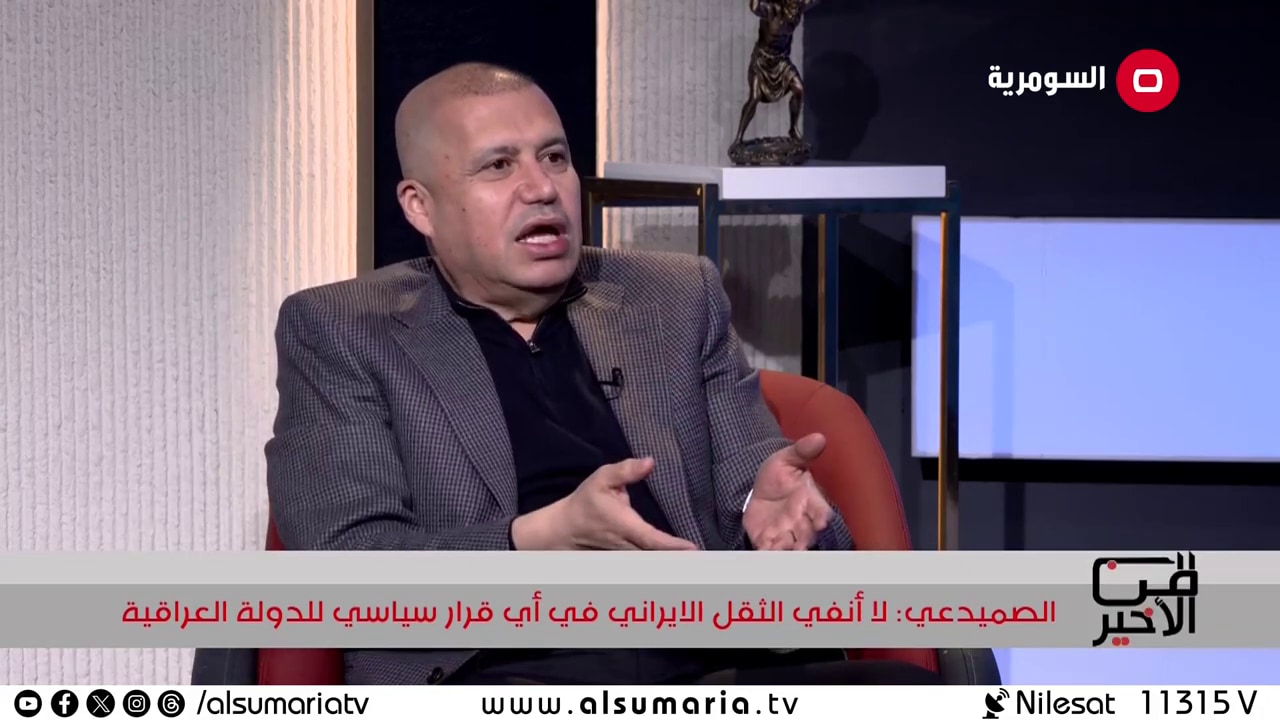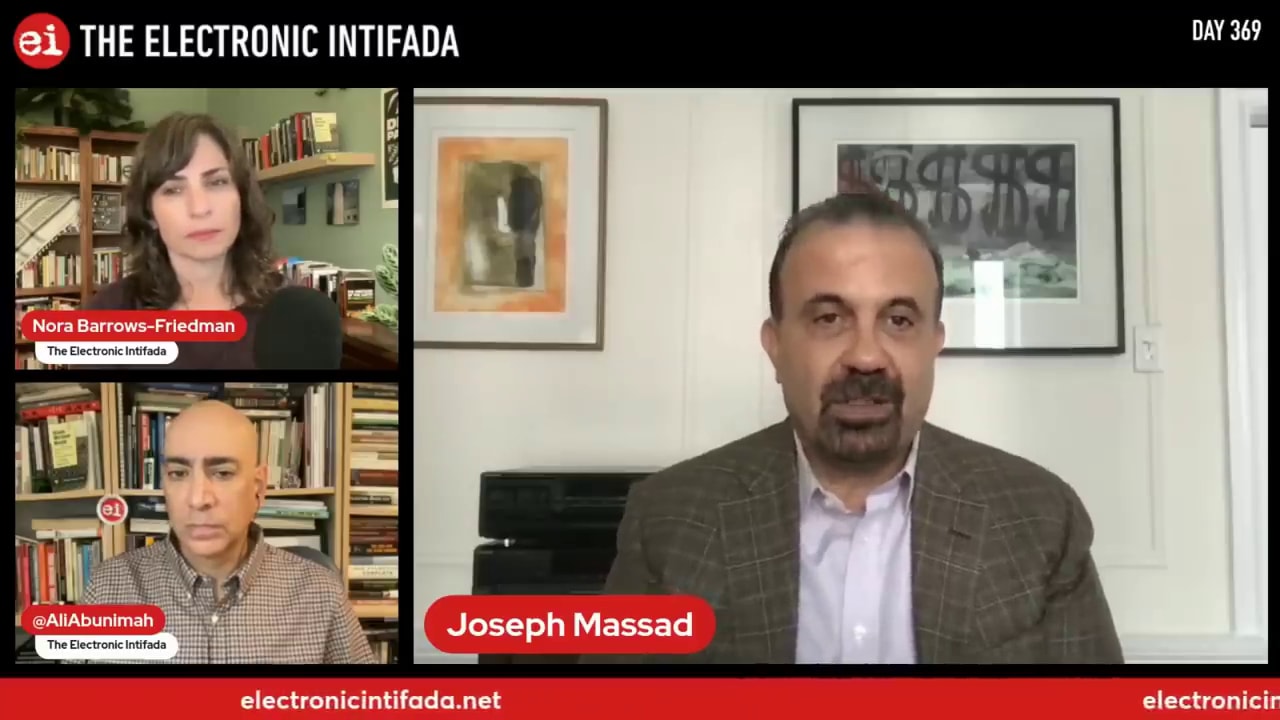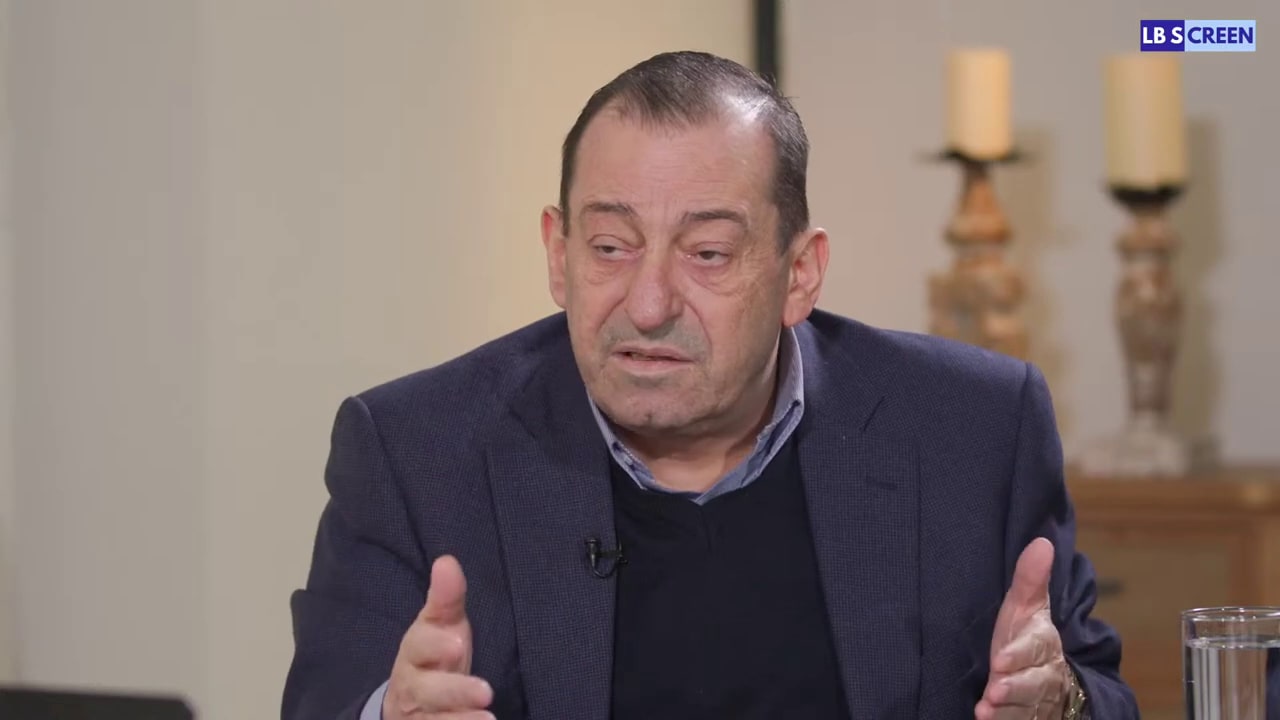
Chinese Media Personality Qiu Zhenhai on North Korea Deploying Troops in Russia-Ukraine War: This Could Spark a “Quasi-World War”
When news broke that North Korea was sending its elite soldiers to fight alongside Russia against Ukraine, Chinese media collectively expressed shock and serious concerns. Many voiced worries that the close alliance between North Korea and Russia could diminish China's role in Korean Peninsula affairs, with some even suggesting that a "World War Three" could materialize soon.
In an October 21, 2024 video posted to Bilibili, well-known Chinese media personality Dr. Qiu Zhenhai candidly expressed his concerns about North Korea's actions. He suggested they stem from a desire to sustain its hermit regime and seek a "security guarantee" by strengthening military ties with Russia. This reflects the mutual disappointment both Russia and North Korea feel towards China.
From the outset, Mr. Qiu emphasized that the deployment of North Korean soldiers to Russia could lead to future deterioration and tension in the region. He suggested that if Russia reciprocates in the future by sending regular army units and even nuclear weapons to support North Korea against South Korea, Japan, and the United States, it could lead to a "quasi-world war" on the Korean Peninsula. Such an outcome, Mr. Qiu believes, would be detrimental to China in every aspect. "It would harm China's national security," he further stressed, because China needs "peace and stability" in East Asia to foster its economic development. At the video's conclusion, he urged China to "prepare in advance."
Dr. Qiu Zhenhai is the founding director of the Center for Globalization in Hong Kong. He earned his PhD from the University of Tübingen in Germany and has served as a special correspondent for Deutsche Welle, a commentator for Phoenix TV, and a senior member of the National Institute for Strategic Studies in London. He boasts 1.9 million followers on Weibo.
Qiu Zhenhai: "Regardless of the U.S. elections outcome, we need to note that the current military alliance between North Korea and Russia has concerning implications for China's national security interests. Since North Korea can send elite troops to Russia, unrelated to the U.S. elections, whenever major events happen, North Korea could provide elite troops to Russia, then if something happens on the Korean Peninsula, Russia would very likely either send elite troops to North Korea or provide more substantial help including nuclear technology and weapons – either both or one of these, with the latter obviously being more crucial. Even after Russia safely extricates itself from Ukraine, if South Korea-U.S. forces conflict with North Korea on the Korean Peninsula, Russia might provide money, weapons, nuclear technology, or even direct military intervention. It's all possible. If that happens, not only regarding the Korean Peninsula, which as we know historically has always been both strategically crucial and a powder keg, the Korean Peninsula could ignite a quasi-world war. We're very worried that a quasi-world war could occur in the middle of this century. If so, with the U.S., South Korea and Japan on one side, and Russia and North Korea on the other, intense confrontation or even full-scale war could break out on the Korean Peninsula.

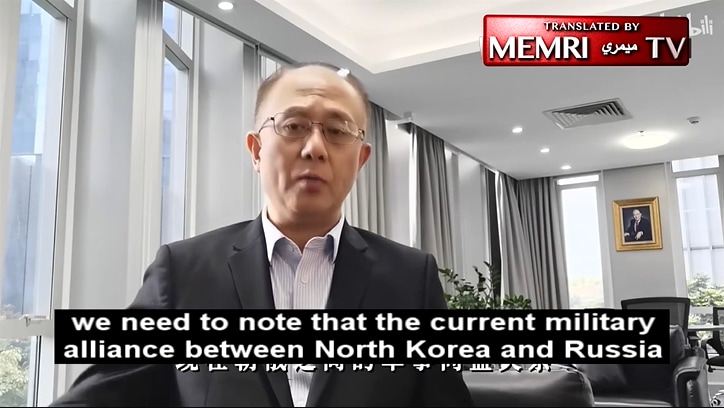
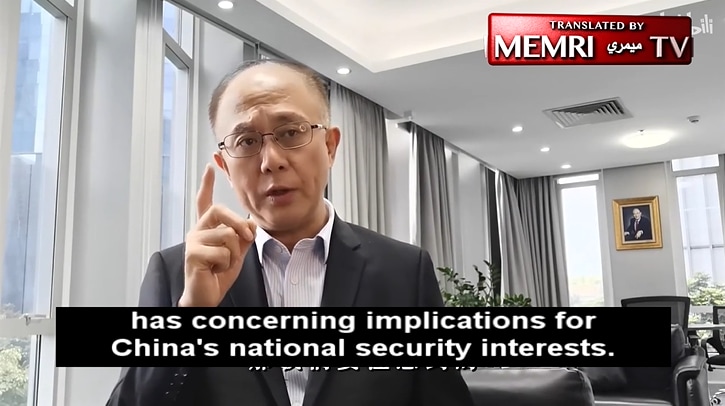
"Well, this would be bad for China no matter what. While we can be optimistic about North Korea supporting Russia in this specific case, as it takes the pressure off us, if Russia gets involved in Korean Peninsula affairs with money, resources, troops, and nuclear capabilities, that would harm China's national security no matter what. So how to prevent this – which now seems somewhat far-fetched but not impossible according to our logical reasoning – China needs to prepare in advance. So our tactics must align with our strategy. So, of course, there are various strategies, and strategists can continuously conduct war-gaming simulations, but I believe at this time, adding to our national development direction, ultimate development direction, including our economic recovery, including giving our wealthy entrepreneurs more confidence, and so on, maintaining normal state relations with all countries becomes very important. So-called normal state relations means neither enemy nor friend. Even friends have conflicts and contradictions, so cooperate when cooperation is needed, and conflict when conflict is needed. And conflict doesn't mean to cause complete breaks; rather conflict is for taking a step back to gain more space, even using conflict to promote cooperation.
"In short, to repeat what I've said before, we have no other interests, we only have two interests: one is world peace, what we call a community with a shared future for mankind, and the second is the victory of the Chinese nation. And the Chinese nation's interests are divided into long-term, medium-term, and short-term. From the short and medium-term perspective, China's national security interest is the greatest interest. We need to maintain peace around us, not have wars break out around us, much less have raging fires of war ignited around us. From a long-term interest perspective, we are looking at both the community with a shared future for mankind and world peace. In this process of embracing the community with a shared future for mankind, we aim to ensure that our nation's development maintains long-term stability and prosperity, brings peace and security to our people, and attracts friends from far and wide. This approach should both reassure the international community and give peace of mind to our domestic entrepreneurs, wealthy citizens, and the middle and lower-class population."











